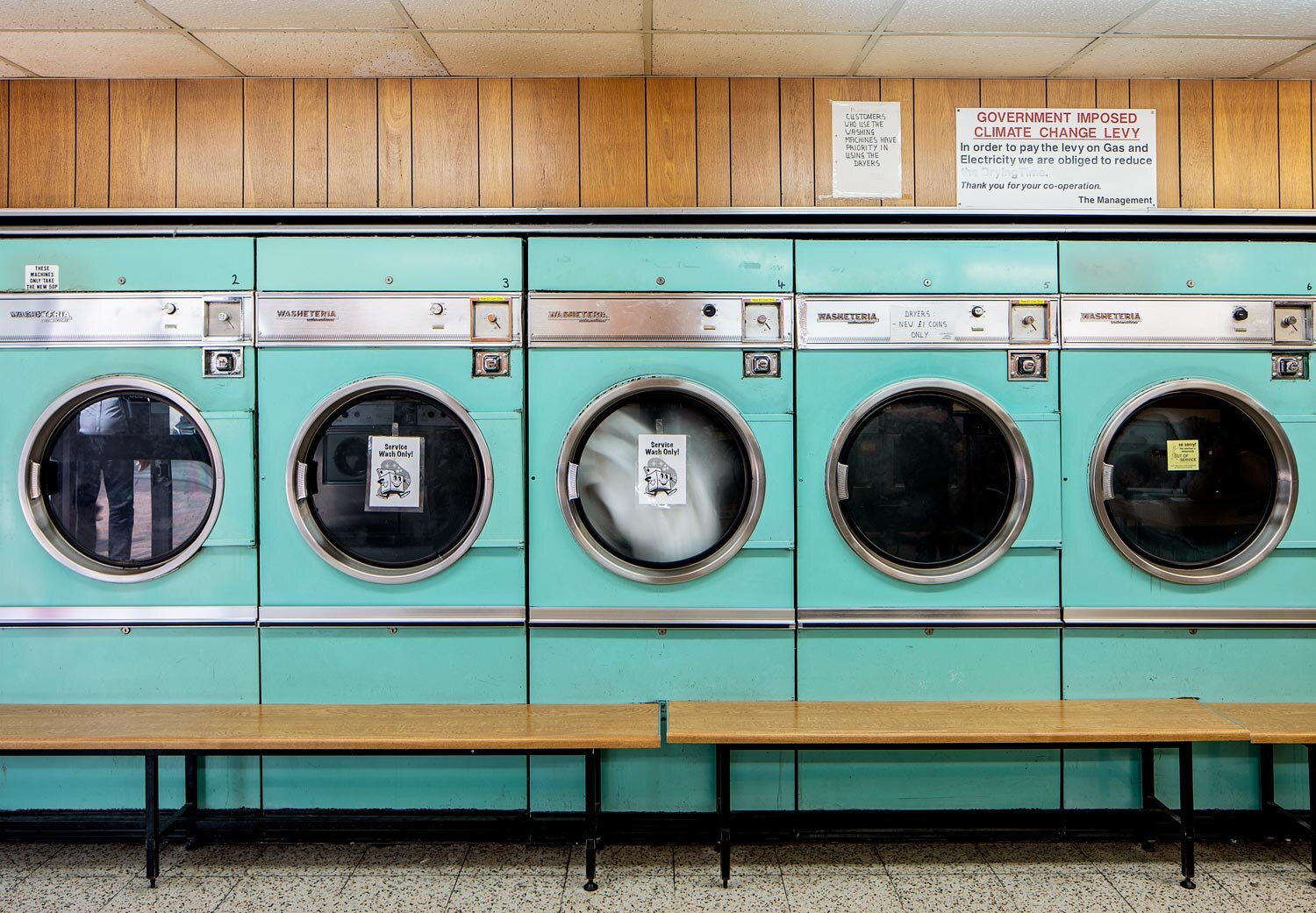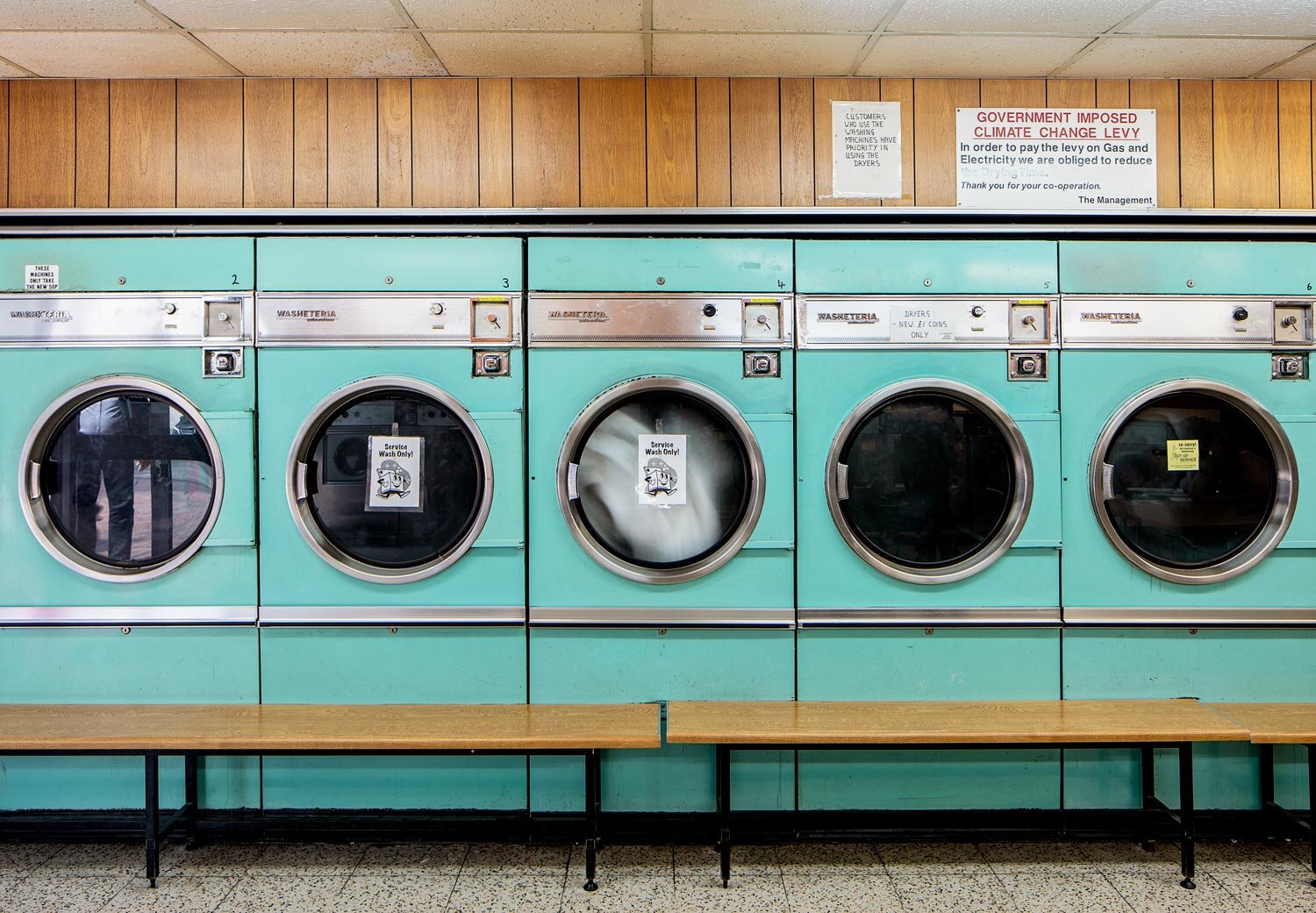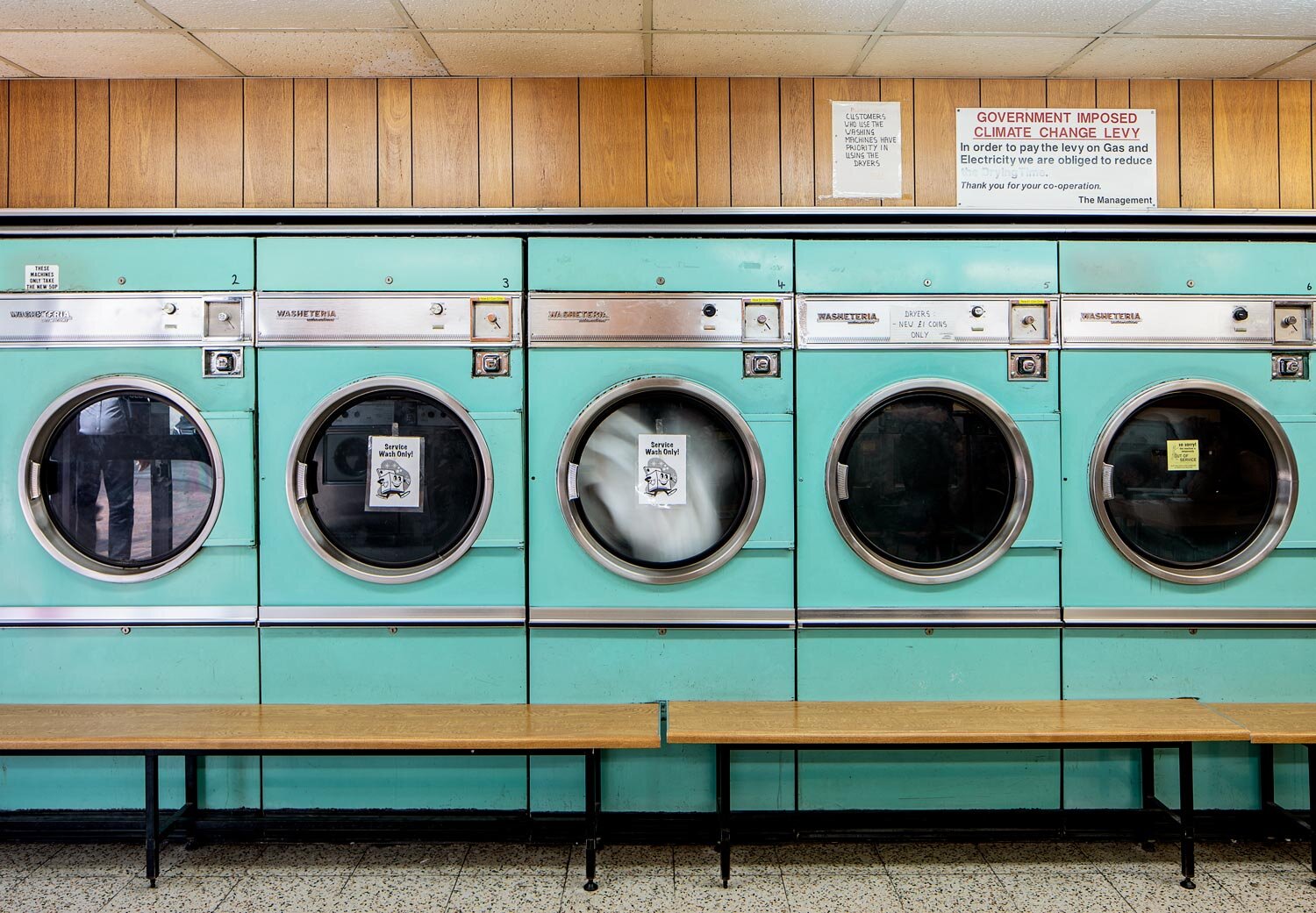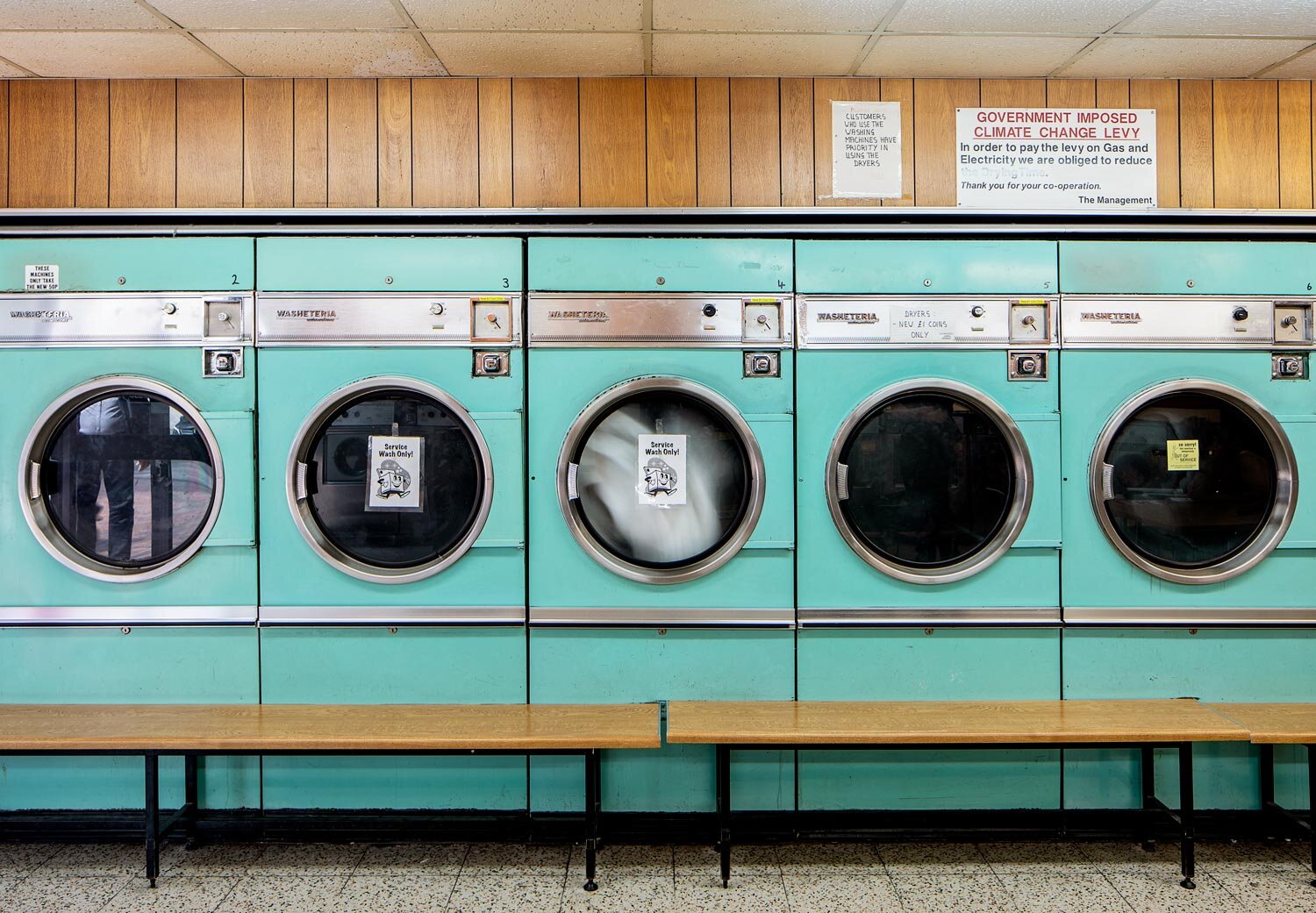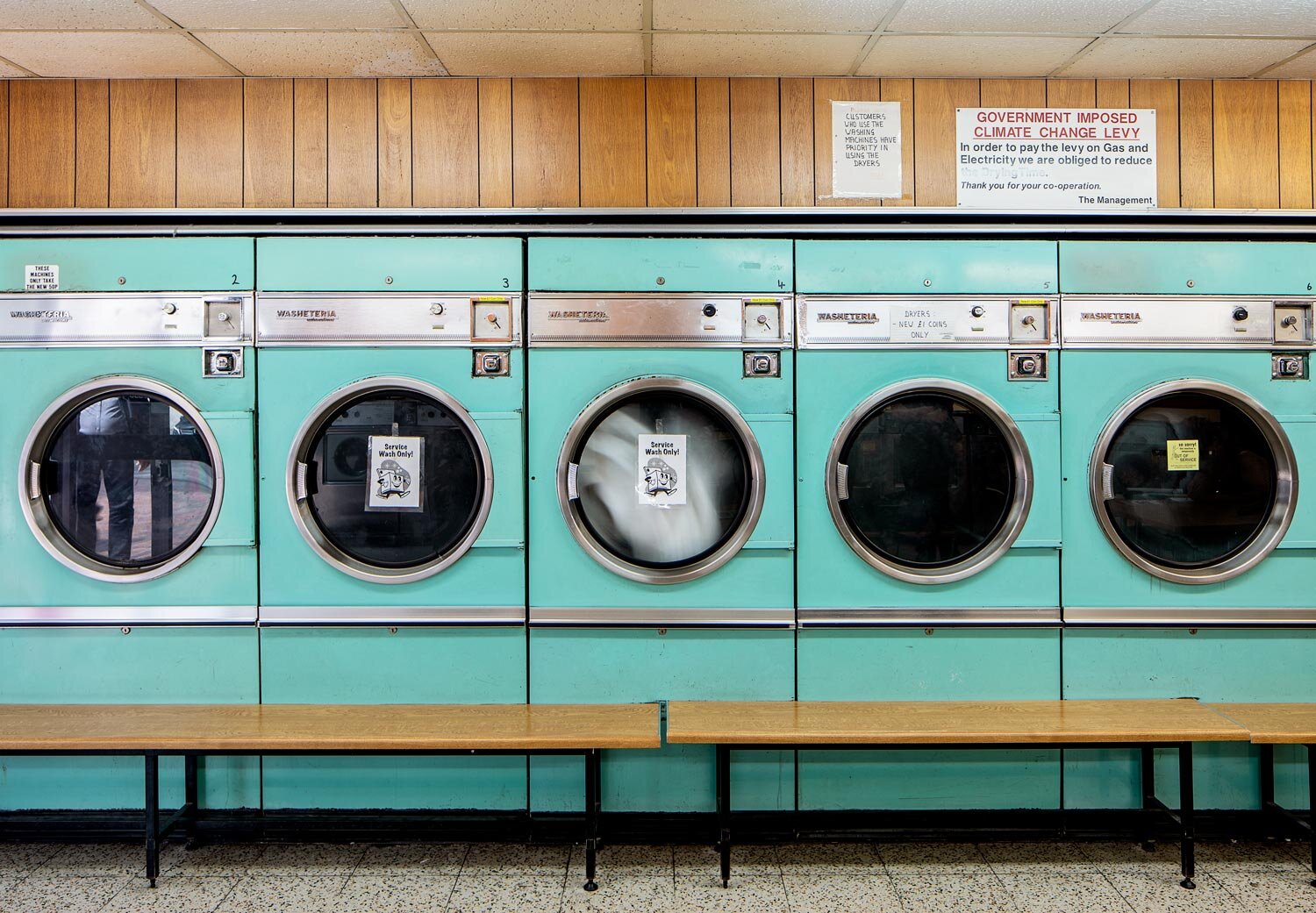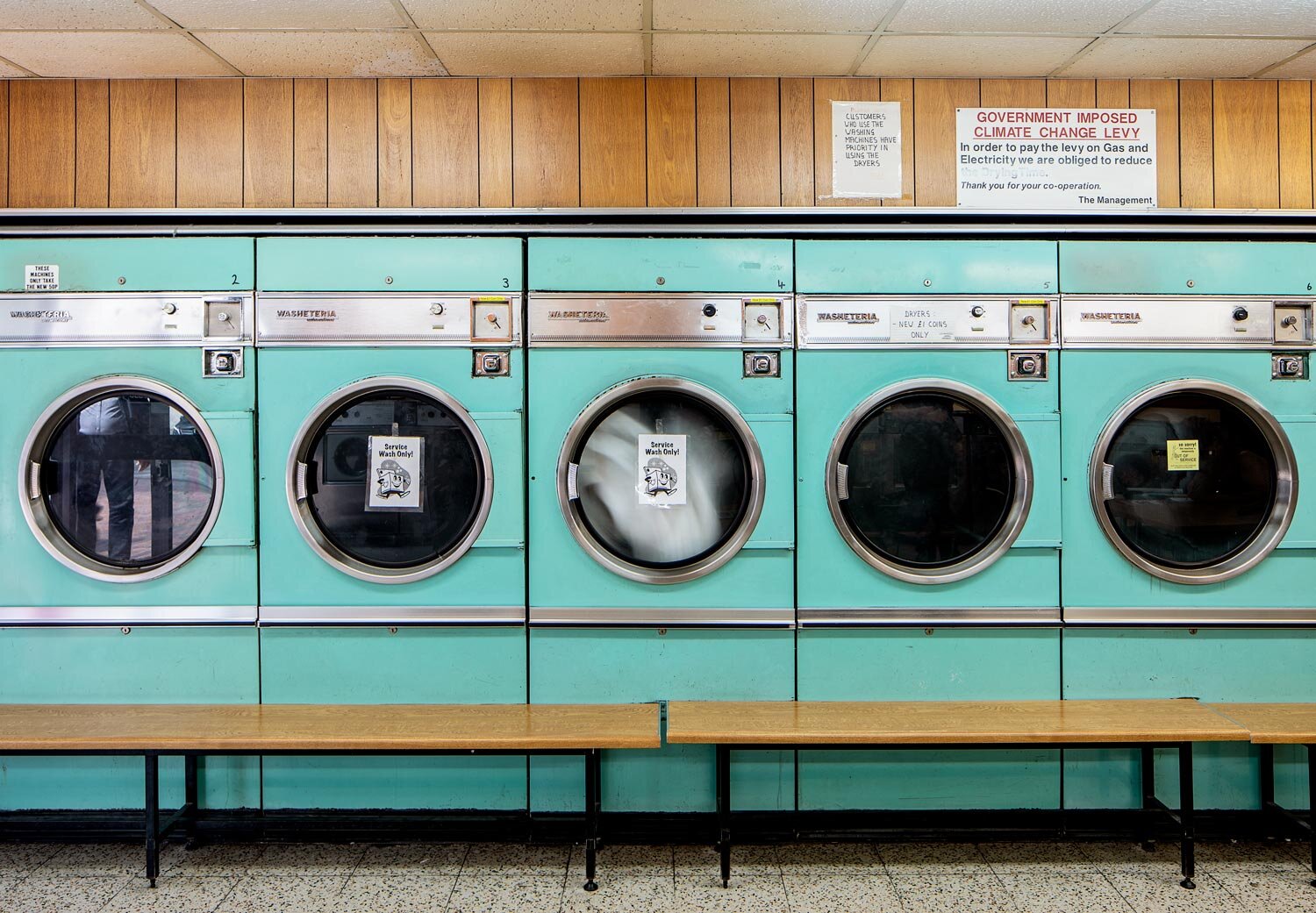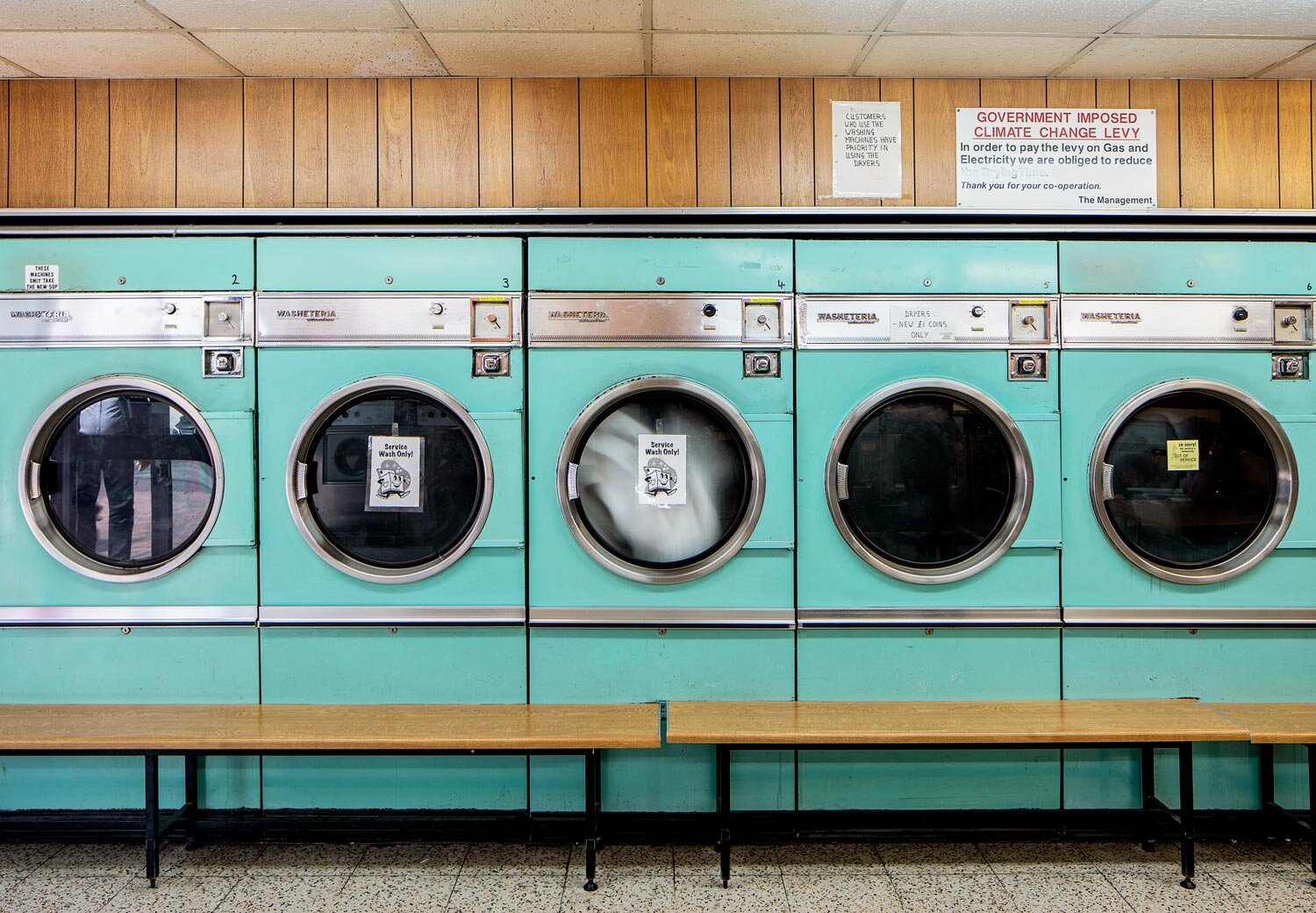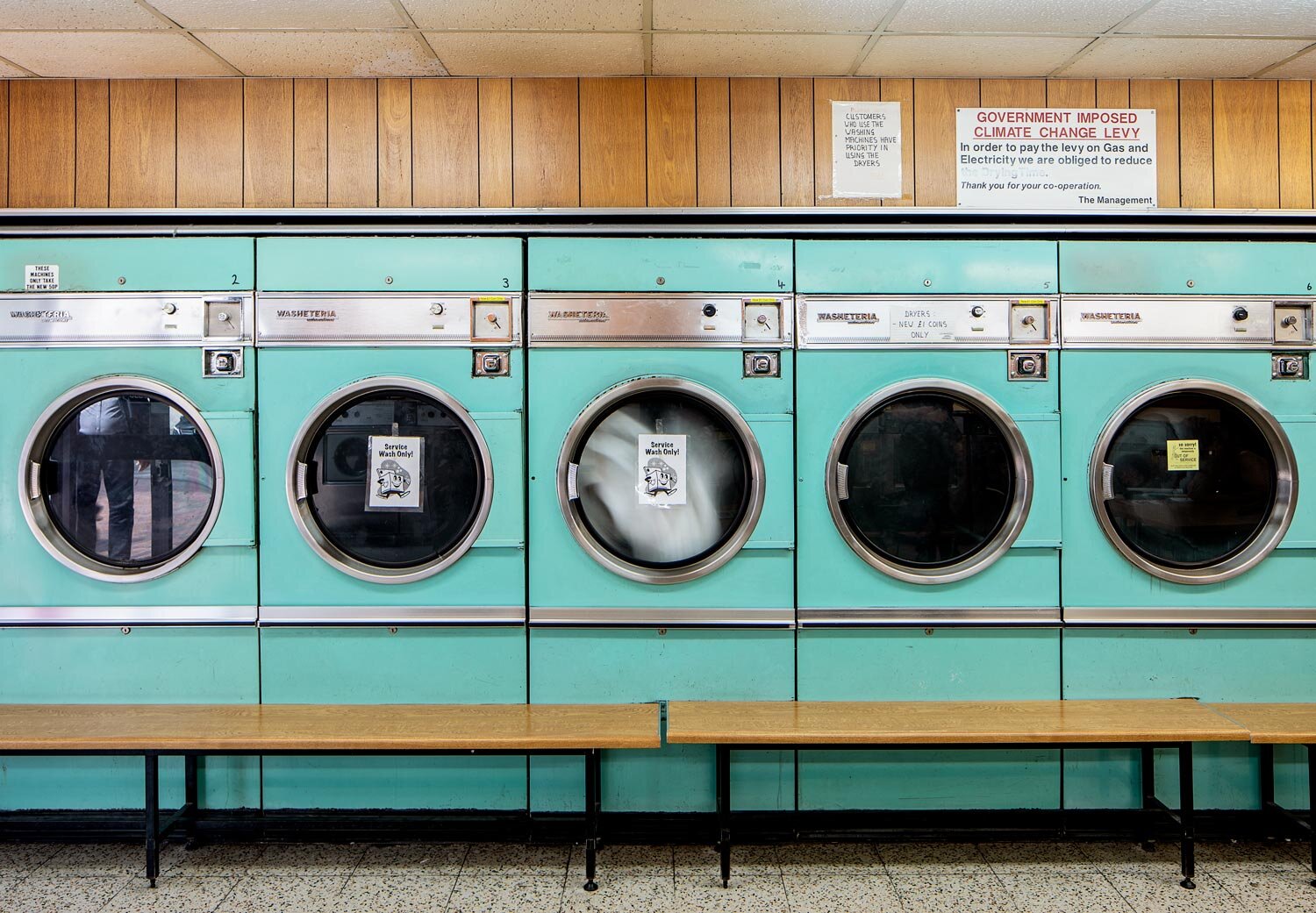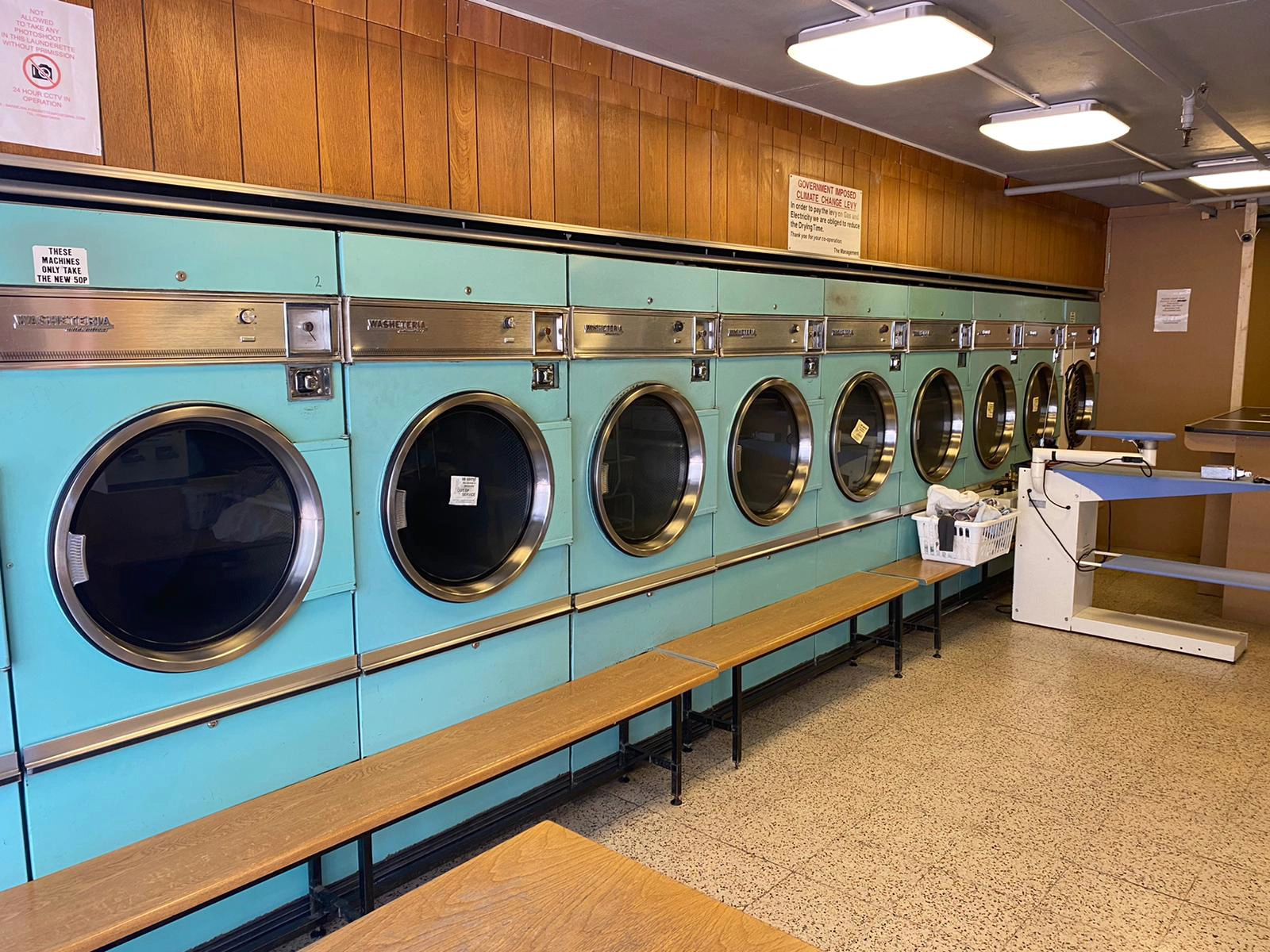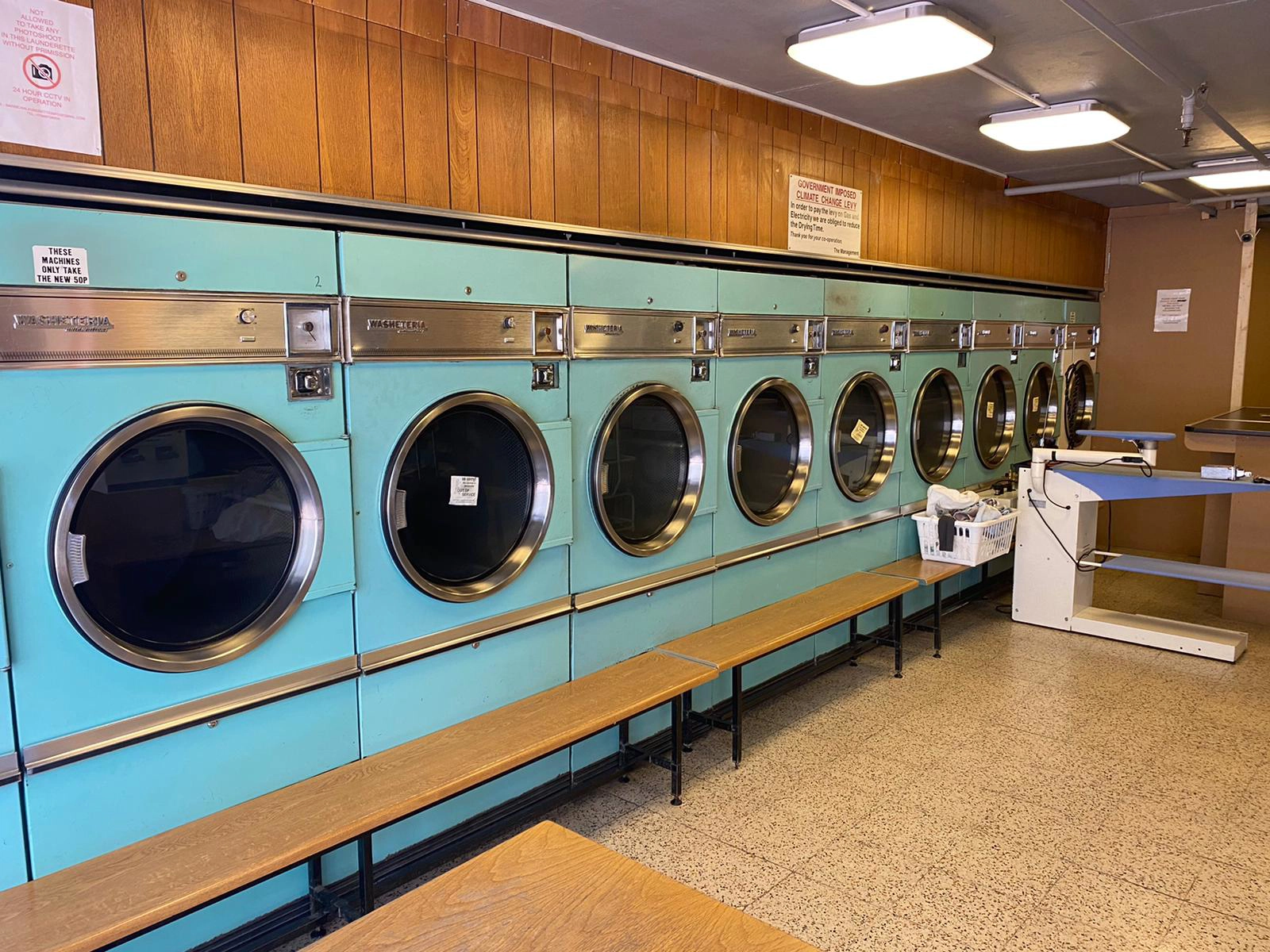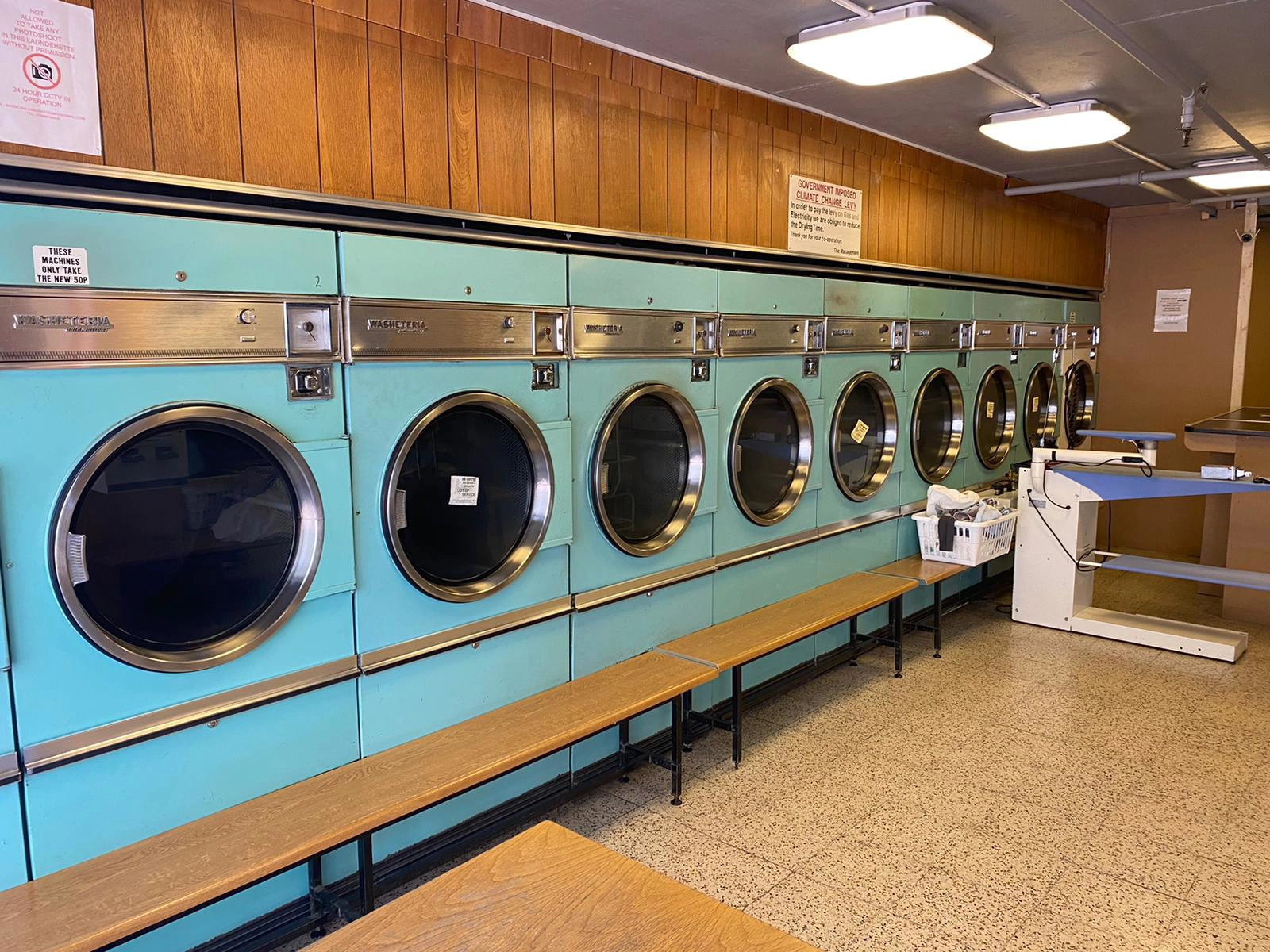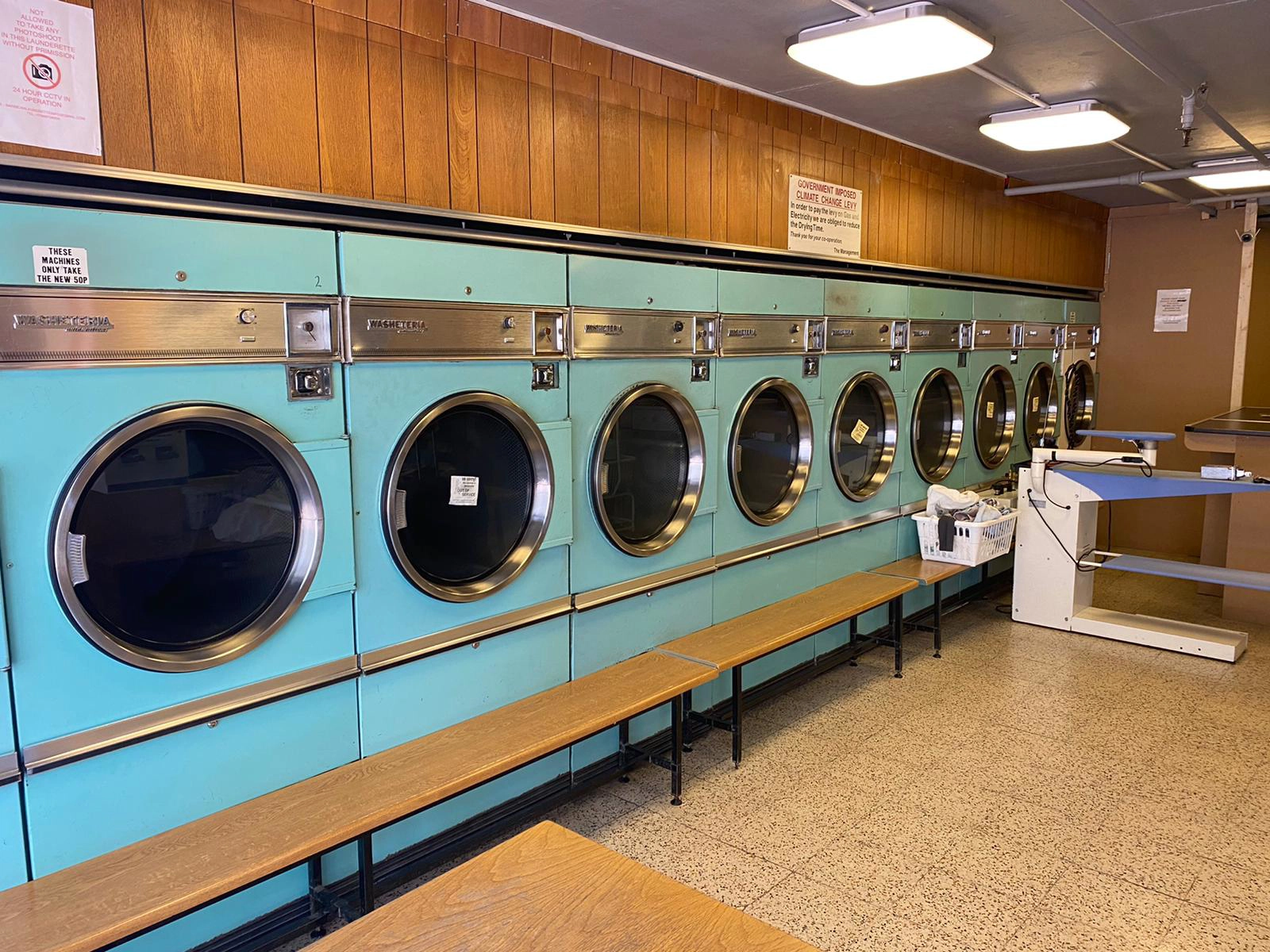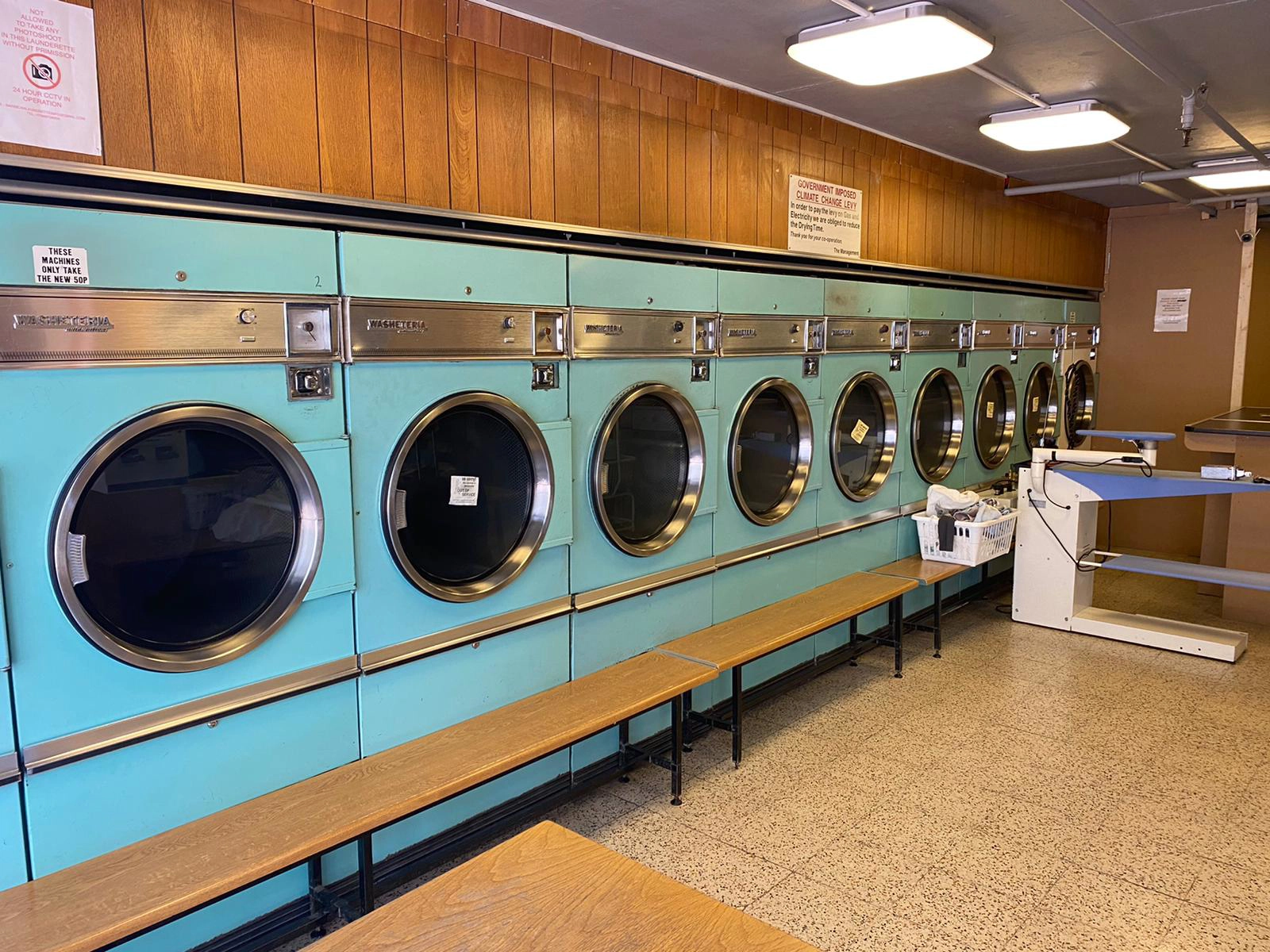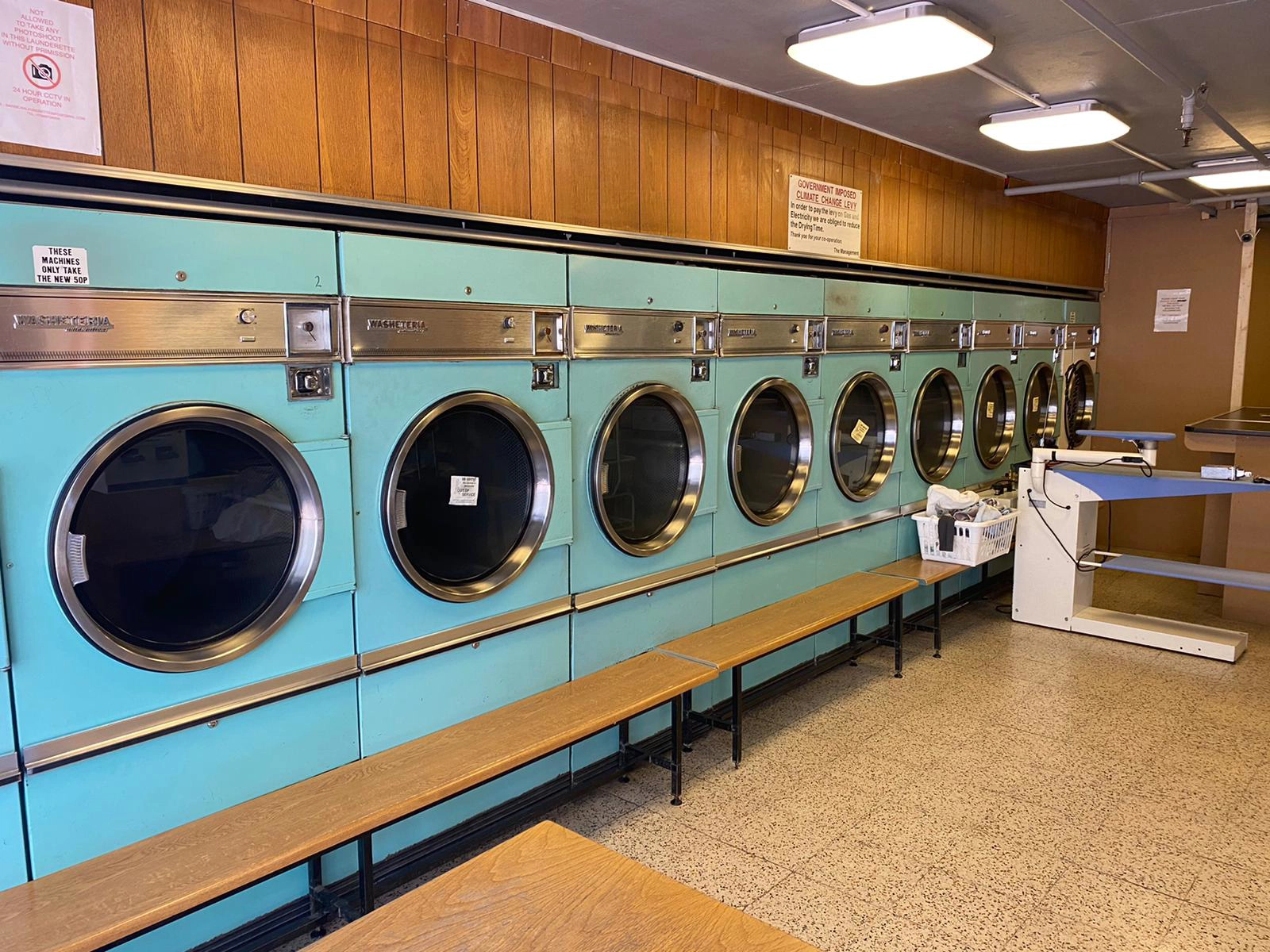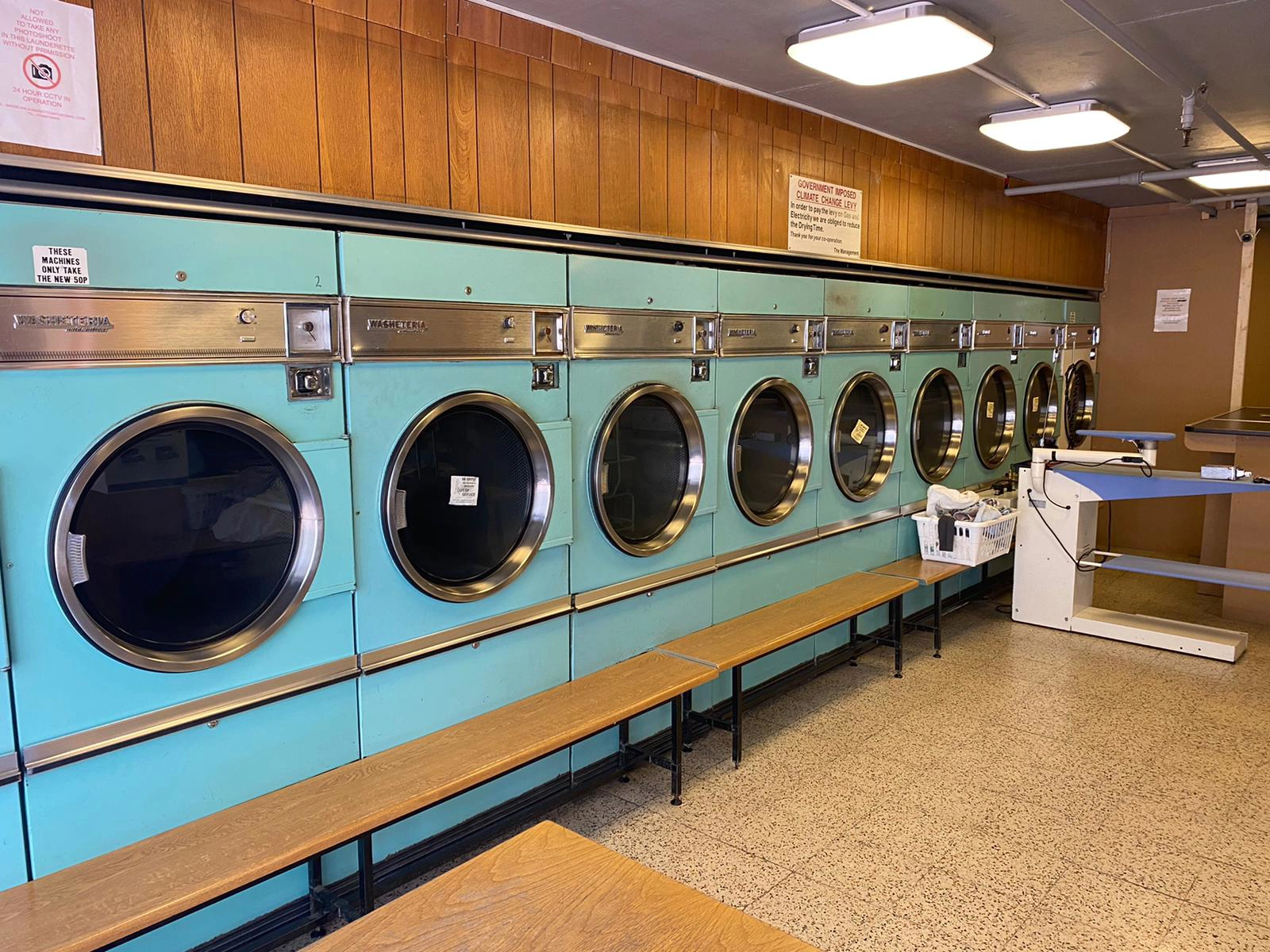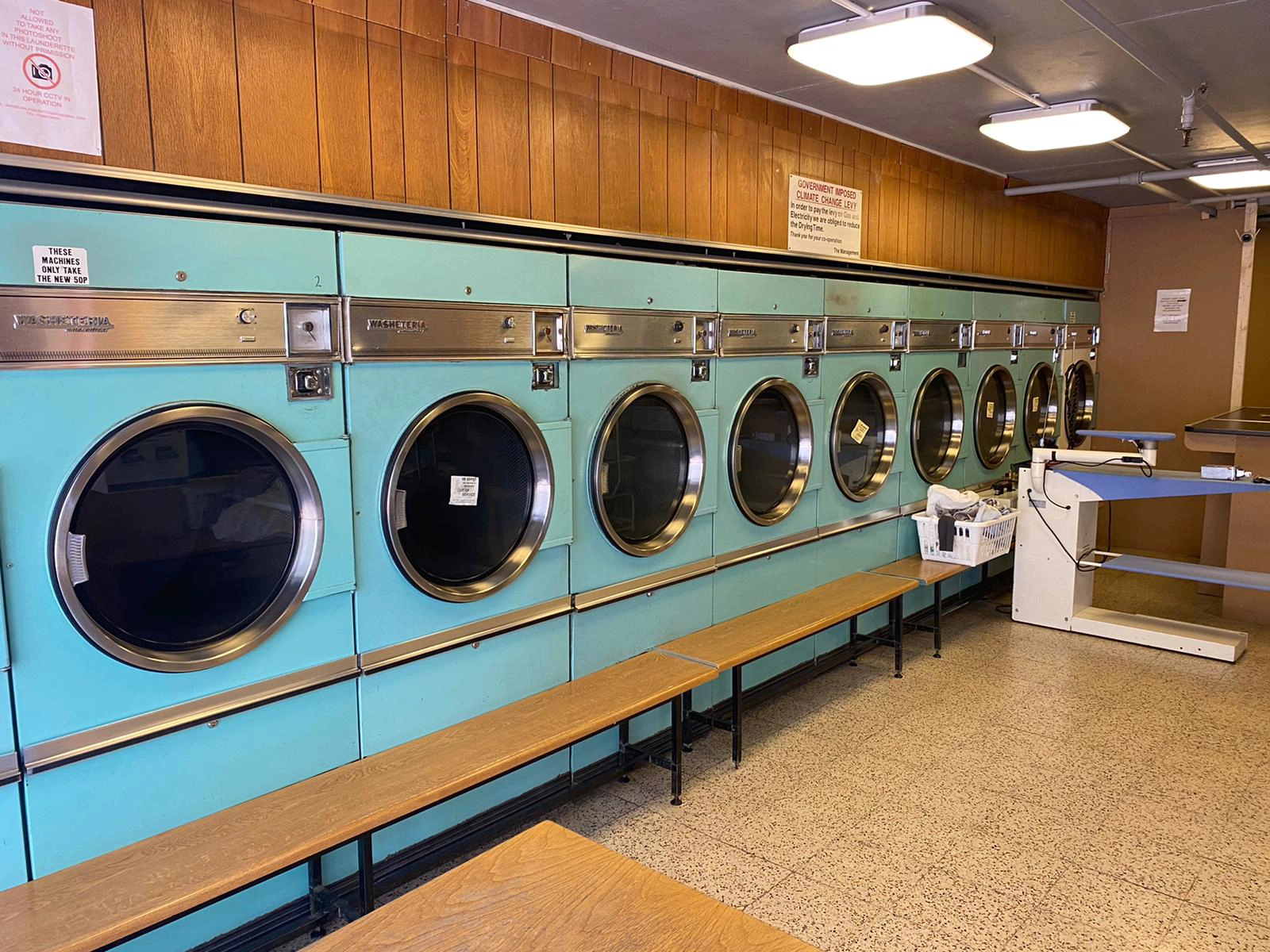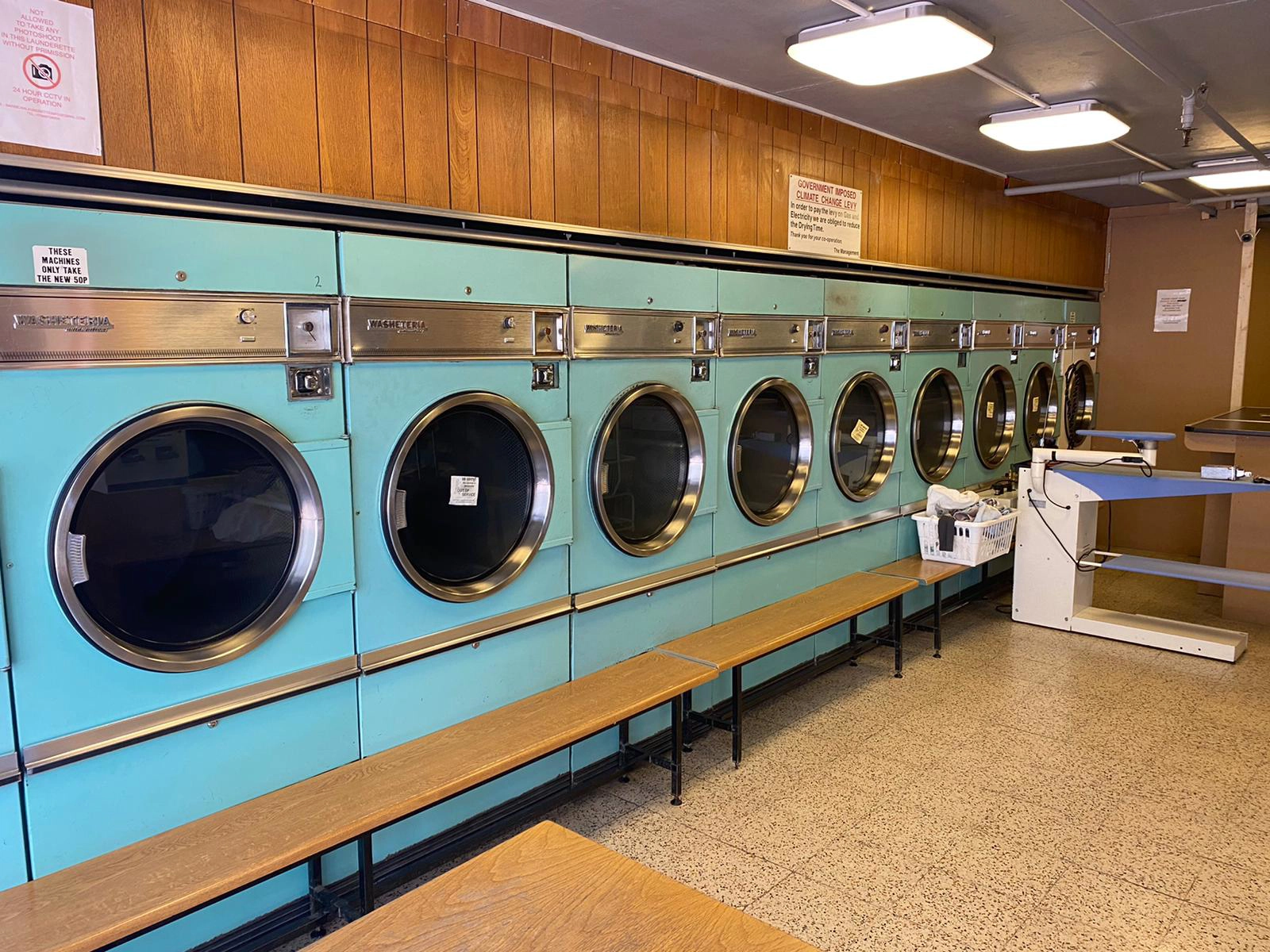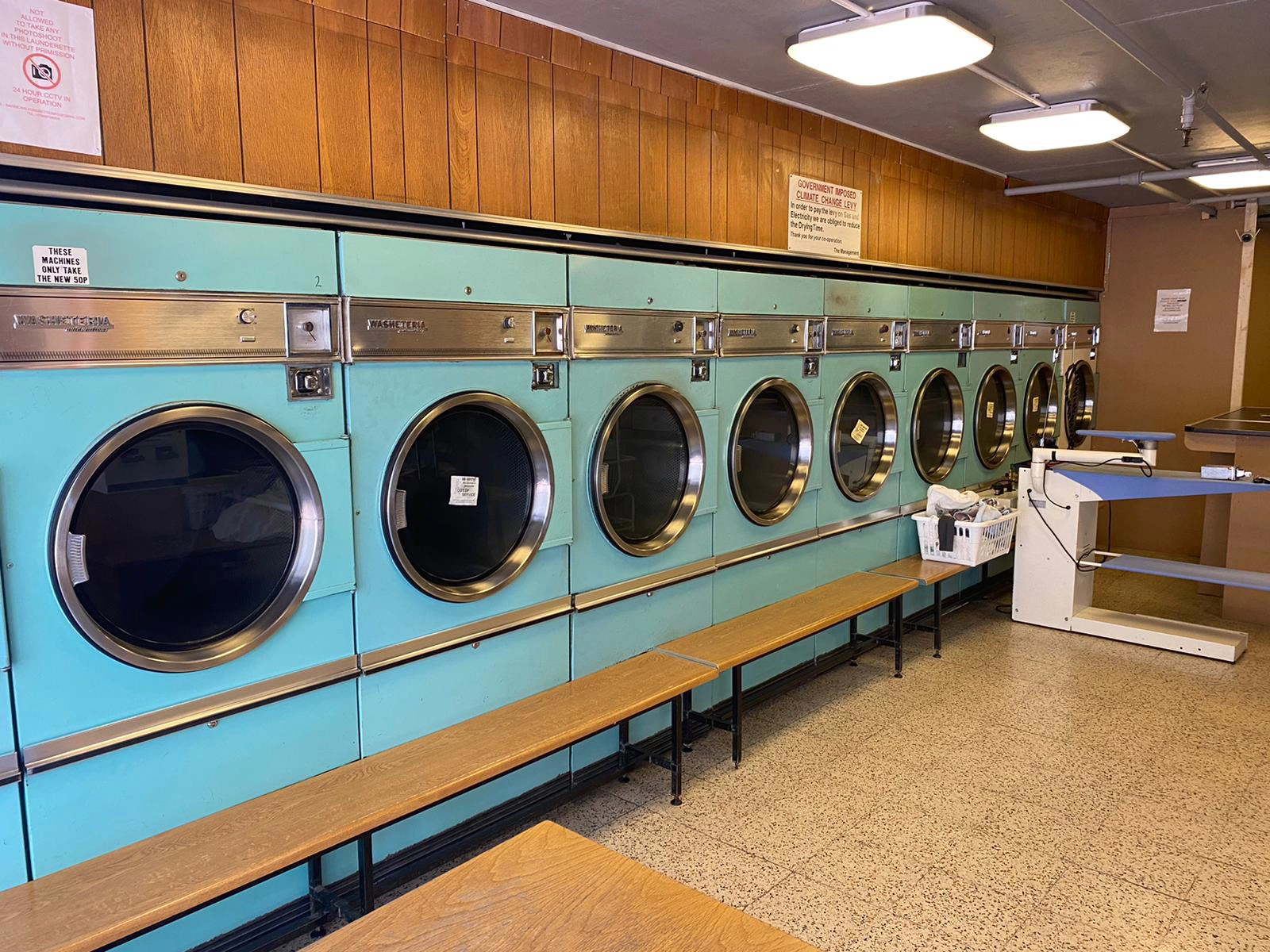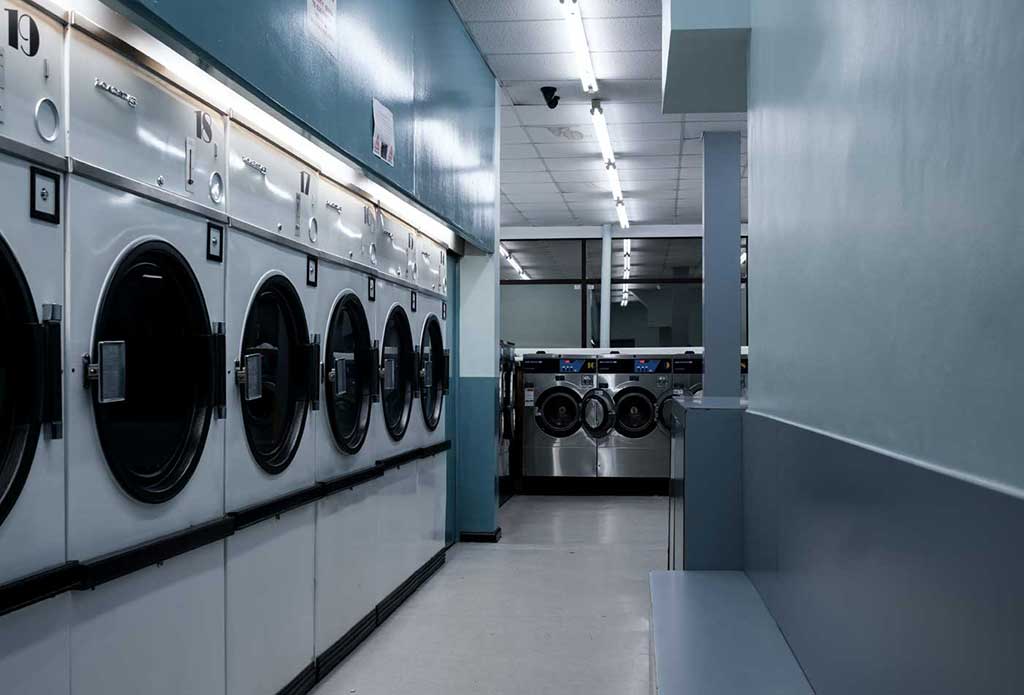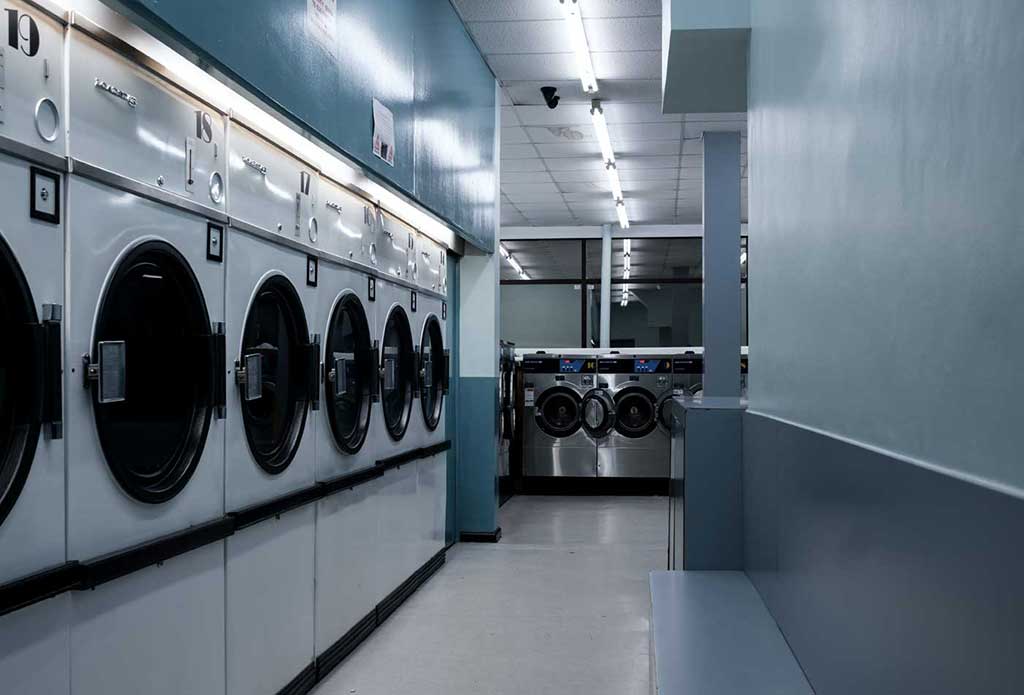Self-Service Laundry Insurance: Managing Unattended Operation Risks
Self-service laundries, also known as laundromats or coin-operated laundries, present unique challenges in the commercial insurance landscape. Operating predominantly as unattended facilities, these businesses face distinctive risks that require specialized coverage considerations. Understanding the complexities of self-service laundry insurance is crucial for business owners who want to protect their investment while maintaining profitable operations in this competitive market.
The Unique Nature of Self-Service Laundry Operations
Self-service laundries operate on a fundamentally different model compared to traditional service businesses. Customers enter the premises, use equipment independently, and complete their laundry without direct supervision from staff members. This unattended operation model creates specific vulnerabilities that standard commercial insurance policies may not adequately address.
The typical self-service laundry features rows of washing machines and dryers, change machines, detergent dispensers, and seating areas. Many modern facilities also include additional amenities such as folding tables, televisions, Wi-Fi access, and vending machines. While these features enhance customer experience, they also introduce additional liability exposures that must be carefully managed through appropriate insurance coverage.
Location plays a critical role in self-service laundry operations. Many facilities operate 24/7 to maximize revenue potential, serving customers who work unconventional hours or prefer off-peak usage times. This extended operating schedule, combined with minimal staffing, amplifies the importance of comprehensive insurance protection.
Primary Risk Exposures in Self-Service Laundry Operations
Equipment-Related Risks
Commercial washing machines and dryers represent significant capital investments, often costing thousands of pounds per unit. These machines operate continuously under heavy usage conditions, making them susceptible to mechanical failures, electrical problems, and premature wear. Equipment breakdown can result in substantial repair costs, replacement expenses, and lost revenue during downtime periods.
Water damage represents another major concern, as washing machine malfunctions can cause flooding that damages not only the equipment but also the building structure, flooring, and neighboring properties. The high-pressure water systems and drainage requirements in laundromats create additional vulnerabilities that require specialized coverage consideration.
Customer-Related Liability Exposures
Unattended operations mean customers interact with equipment without direct supervision, creating numerous liability scenarios. Slip and fall accidents from wet floors, injuries from improperly maintained equipment, burns from overheated surfaces, and cuts from damaged machine components all represent potential claims against the business.
Customer property damage presents another significant exposure. Washing machines and dryers can malfunction, potentially damaging or destroying customers' clothing and personal items. While individual claims may seem modest, the cumulative effect of multiple incidents can substantially impact business profitability and reputation.
Security and Crime-Related Risks
The unattended nature of self-service laundries makes them attractive targets for criminal activity. Theft of equipment, vandalism, break-ins, and robbery of cash collection systems represent ongoing security challenges. Change machines containing cash are particularly vulnerable, as are coin-operated equipment mechanisms.
Personal safety concerns also arise when customers use facilities during late hours or in isolated locations. While business owners may not be directly liable for all criminal acts, they can face claims if inadequate security measures contribute to customer harm.
Fire and Electrical Hazards
The combination of electrical equipment, heat-generating dryers, and potentially flammable materials creates fire risks that require careful management. Lint accumulation in dryer systems, electrical overloads, and equipment malfunctions can all trigger fires that may cause extensive property damage and business interruption.
The high electrical demands of commercial laundry equipment also create risks of power surges, electrical fires, and equipment damage from voltage fluctuations. These exposures require specialized coverage considerations beyond standard commercial property insurance.
Essential Insurance Coverage Components
Commercial Property Insurance
Comprehensive property coverage forms the foundation of self-service laundry insurance protection. This coverage should include the building structure, all installed equipment, and business personal property. Given the high value of commercial laundry equipment, adequate coverage limits are essential to ensure full replacement cost protection.
Special attention should be paid to equipment coverage, ensuring that policies include protection for mechanical breakdown, electrical damage, and water damage. Many standard property policies exclude certain types of equipment failures, making specialized equipment coverage endorsements necessary.
General Liability Insurance
General liability coverage protects against claims arising from customer injuries, property damage, and other third-party losses. For self-service laundries, this coverage should specifically address premises liability, product liability related to equipment operation, and completed operations coverage for any maintenance or repair work performed.
Given the unattended nature of operations, liability limits should be carefully evaluated to ensure adequate protection against potentially severe claims. Consider the demographic of customers served and the operating hours when determining appropriate coverage levels.
Equipment Breakdown Insurance
Specialized equipment breakdown coverage is crucial for self-service laundries, given their dependence on mechanical equipment. This coverage should protect against losses from equipment failures, including repair costs, replacement expenses, and business income losses during equipment downtime.
Modern equipment breakdown policies often include coverage for electrical disturbances, mechanical failures, and even computer system breakdowns that may affect modern computerized laundry equipment. Ensure coverage extends to all critical equipment, including washing machines, dryers, water heating systems, and electrical distribution equipment.
Business Interruption Insurance
Business interruption coverage compensates for lost income when covered perils force temporary closure or reduced operations. For self-service laundries, this coverage is particularly important given the potential for equipment failures, water damage, or fire to shut down operations entirely.
Consider extended period of indemnity coverage to account for the time needed to order, deliver, and install replacement equipment. Commercial laundry equipment often requires extended lead times, making longer coverage periods essential for adequate protection.
Crime Insurance
Given the cash-intensive nature of self-service laundry operations, crime insurance provides essential protection against theft, burglary, and robbery. Coverage should include money and securities protection, both on premises and in transit to banking facilities.
Employee dishonesty coverage may also be relevant if the business employs cleaning staff, maintenance personnel, or collection agents who handle cash or have access to equipment.
Specialized Coverage Considerations
Customer Property Coverage
Some insurers offer specialized coverage for customer property damage, protecting against claims when equipment malfunctions damage customers' clothing or personal items. While individual claims may be small, this coverage can prevent numerous small disputes from escalating into larger problems.
Cyber Liability Insurance
Modern self-service laundries increasingly incorporate technology such as card payment systems, mobile apps, and computerized equipment controls. Cyber liability insurance protects against data breaches, system failures, and other technology-related exposures that may arise from these systems.
Environmental Liability Coverage
Laundry operations involve chemicals, detergents, and large volumes of wastewater. Environmental liability coverage protects against claims arising from pollution incidents, chemical spills, or contamination of soil or groundwater.
Risk Management Strategies
Equipment Maintenance Programs
Implementing comprehensive preventive maintenance programs reduces equipment breakdown risks and demonstrates due diligence to insurance carriers. Regular maintenance schedules, professional inspections, and prompt repairs help prevent minor issues from becoming major problems.
Maintain detailed maintenance records and ensure all work is performed by qualified technicians. Many insurance policies require proof of proper maintenance to honor equipment breakdown claims.
Security Measures
Robust security systems help deter criminal activity and may qualify for insurance premium discounts. Consider installing surveillance cameras, adequate lighting, alarm systems, and secure cash collection procedures. Regular cash collection schedules minimize the amount of money at risk during any single incident.
Safety Protocols
Implement comprehensive safety protocols including regular facility inspections, prompt repair of hazardous conditions, and clear customer instructions for equipment operation. Post safety warnings and operating instructions prominently near all equipment.
Establish procedures for responding to equipment malfunctions, water leaks, and customer complaints. Quick response to potential hazards helps prevent minor issues from becoming major liability claims.
Customer Communication
Clear communication with customers about proper equipment use, safety procedures, and facility policies helps reduce liability exposures. Consider posting rules and regulations prominently and providing customer service contact information for questions or concerns.
Working with Insurance Professionals
Self-service laundry insurance requires specialized knowledge of the industry's unique risks and exposures. Work with insurance professionals who understand the laundromat business and can provide tailored coverage recommendations.
When evaluating insurance options, consider factors such as coverage breadth, policy limits, deductibles, and insurer financial strength. The lowest premium may not provide the best value if coverage gaps leave significant exposures unprotected.
Regular policy reviews ensure coverage keeps pace with business growth, equipment additions, and changing risk exposures. Annual reviews with qualified insurance professionals help identify coverage gaps and optimization opportunities.
Conclusion
Self-service laundry operations present unique insurance challenges that require specialized coverage solutions. The unattended nature of these businesses creates distinctive liability exposures, while dependence on mechanical equipment generates significant property and business interruption risks.
Comprehensive insurance protection for self-service laundries should include property coverage, general liability protection, equipment breakdown insurance, business interruption coverage, and crime insurance. Additional specialized coverages may be necessary based on specific operational characteristics and risk exposures.
Effective risk management combines appropriate insurance coverage with proactive safety measures, security protocols, and maintenance programs. By understanding the unique risks inherent in self-service laundry operations and implementing comprehensive protection strategies, business owners can operate confidently while protecting their investment and customers.
The key to successful self-service laundry insurance lies in recognizing that standard commercial insurance policies may not adequately address the industry's specialized risks. Working with knowledgeable insurance professionals who understand these unique exposures ensures comprehensive protection that supports long-term business success.
For expert guidance on self-service laundry insurance solutions tailored to your specific operational needs, contact Insure24 at 0330 127 2333. Our specialized commercial insurance team understands the unique challenges facing unattended laundry operations and can provide comprehensive coverage recommendations to protect your business investment.


 0330 127 2333
0330 127 2333
